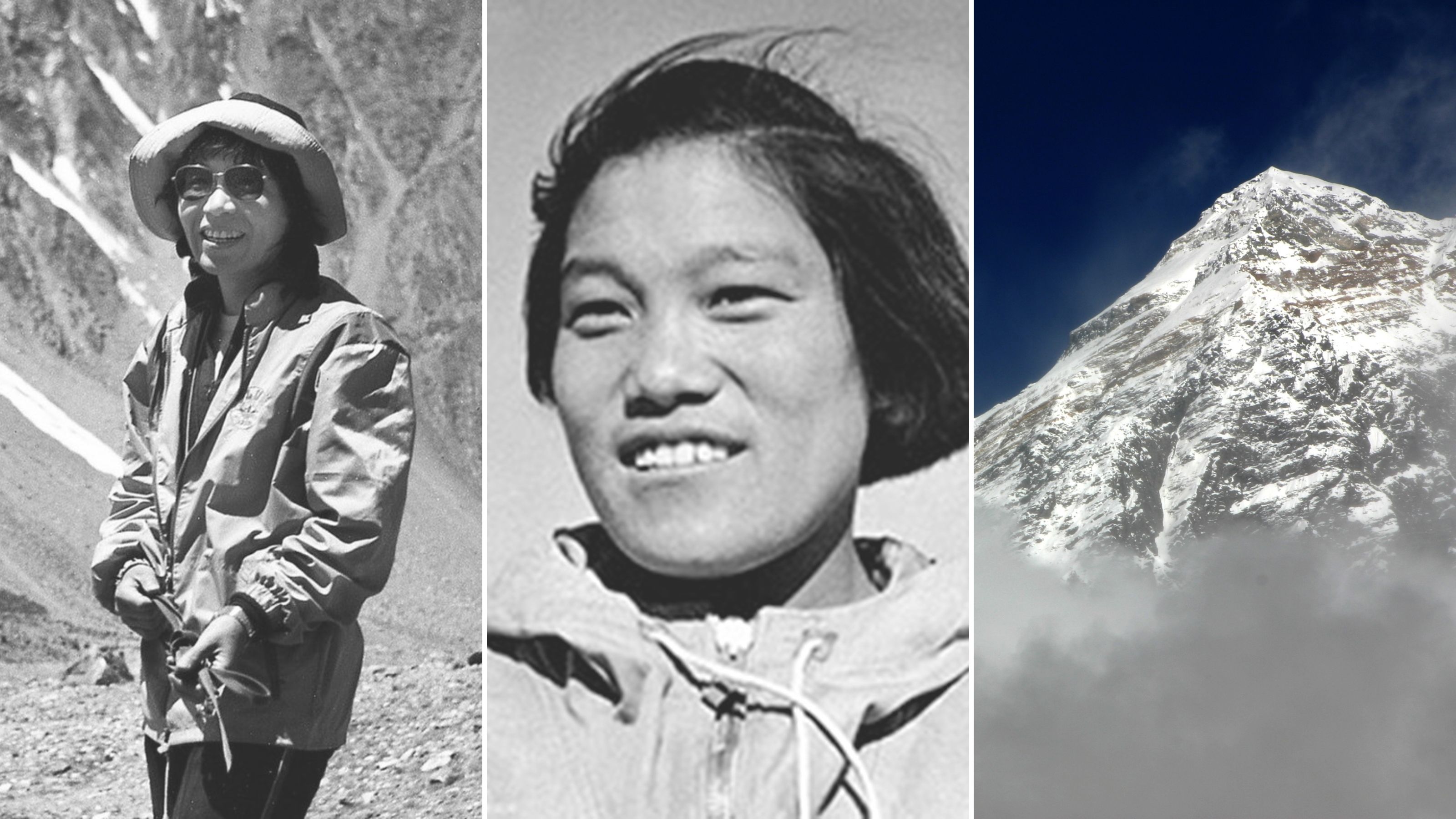You’ve probably heard about it, maybe you’ve even watched documentaries or read articles about it. The Junko Murder case has been one of the most talked-about true crime stories in recent years. But what’s really happening now? Who are the people behind this chilling crime, and where are they today? If you’re curious, buckle up because we’re diving deep into the world of the Junko murderers now.
True crime fans, this one’s for you. The Junko murder case isn’t just another story in the vast sea of crime narratives—it’s a haunting tale that continues to captivate and disturb people around the globe. It’s not just about the crime itself; it’s about the lives of those involved, the justice system, and the lingering questions that remain unanswered.
This article isn’t just about the past. It’s about the present and the future. We’ll explore what happened to the people who were part of this dark chapter, what they’ve been doing since, and how the case has impacted society. So, let’s get started and uncover the truth behind the Junko murderers now.
- Houston Texans Qb 2024 The Future Of Football In The Lone Star State
- Meet The Current Members Of Celtic Thunder A Journey Through Music And Passion
Who Was Junko
Before we dive into what happened to the murderers, it’s essential to know who Junko was. Junko Furuta was a 14-year-old Japanese girl whose brutal murder shocked the nation and the world. Her story is one of tragedy and injustice, a reminder of the darkest sides of human nature.
Junko’s Background
Junko Furuta was an ordinary teenager living in Nishinomiya, Japan. She was a student at a local junior high school, and like most kids her age, she had dreams and aspirations. Her life, however, took a tragic turn on November 25, 1988, when she was abducted by four teenage boys after a school baseball game.
Her ordeal lasted four days, during which she was subjected to unimaginable horrors. The crime was so brutal that it led to changes in Japan’s juvenile justice system, emphasizing the need for stricter laws and penalties for young offenders.
- Mike Tyson Boxing Stats The Unstoppable Force In The Ring
- Flooding In Utica Ny A Comprehensive Look At Causes Impacts And Solutions
Biography of the Murderers
Now, let’s talk about the perpetrators. Who were these young men, and what drove them to commit such a heinous act? Below is a brief overview of their backgrounds.
| Name | Age at the Time | Current Status |
|---|---|---|
| Leader (Real Name Unknown) | 17 | Still Alive, Identity Protected |
| Second Perpetrator | 16 | Still Alive, Identity Protected |
| Third Perpetrator | 16 | Still Alive, Identity Protected |
| Fourth Perpetrator | 14 | Still Alive, Identity Protected |
Where Are They Now?
One of the most frequently asked questions about the Junko murder case is, “Where are the murderers now?” Here’s what we know.
Legal Proceedings and Outcomes
Due to Japan’s juvenile justice system at the time, the identities of the four boys were protected. They were tried as minors, and their names were never publicly disclosed. The leader of the group was sentenced to life in prison, while the others received varying sentences based on their involvement in the crime.
The leader, now in his 40s, remains incarcerated. The others have served their sentences and have reintegrated into society under assumed identities. The Japanese justice system prioritizes rehabilitation over retribution, which is why their identities remain protected even today.
Impact on Society
The Junko murder case had a profound impact on Japanese society. It sparked debates about juvenile delinquency, the justice system, and the need for stricter laws. Here are some key points:
- The case led to the introduction of the Juvenile Law Reform Act in 1997, which allowed for more severe penalties for juvenile offenders.
- It highlighted the importance of mental health awareness and the need for better support systems for troubled youth.
- The tragedy served as a wake-up call for parents, educators, and policymakers to address the root causes of violence among young people.
Lessons Learned
What can we learn from the Junko murder case? Here are a few takeaways:
- Early intervention and support for at-risk youth can prevent tragedies like this from happening.
- The justice system must balance rehabilitation with accountability, ensuring that victims and their families receive justice.
- Education and awareness are crucial in preventing violence and fostering a safer society.
Public Perception and Media Coverage
The media played a significant role in shaping public perception of the Junko murder case. Here’s how:
Documentaries and Movies
Several documentaries and movies have been made about the case, bringing it to a global audience. These productions often focus on the brutality of the crime and the inadequacies of the justice system at the time.
Social Media and Online Discussions
In the age of social media, the case continues to be a topic of discussion. People from all over the world share their thoughts and opinions, keeping the memory of Junko alive and demanding justice for her and others like her.
Psychological Insights
Understanding the psychology behind the crime is crucial. What drives young people to commit such acts of violence? Experts suggest that factors such as peer pressure, lack of empathy, and exposure to violence in media can contribute to such behaviors.
Rehabilitation and Redemption
Is it possible for the perpetrators to redeem themselves? Some argue that rehabilitation is key to preventing recidivism, while others believe that the severity of the crime warrants lifelong consequences. The debate continues, but one thing is clear: society must find ways to address the root causes of violence.
Legal Reforms and Future Implications
The Junko murder case paved the way for significant legal reforms in Japan. Here’s a look at what’s changed:
- Stricter penalties for juvenile offenders.
- Increased focus on mental health and counseling for troubled youth.
- Greater emphasis on community involvement in preventing crime.
Conclusion
The Junko murder case remains one of the most disturbing true crime stories in history. It serves as a reminder of the importance of justice, rehabilitation, and societal responsibility. While the perpetrators may have moved on with their lives, the impact of their actions continues to resonate with victims’ families and society as a whole.
So, what can you do? Educate yourself and others about the issues surrounding juvenile crime and violence. Support organizations that work to prevent violence and provide resources for at-risk youth. And most importantly, never forget the memory of Junko Furuta and the lessons her tragic story teaches us.
Feel free to share this article, leave a comment, or explore other topics on our site. Together, we can make a difference.
Table of Contents
- Houston Texans Vs Dallas Cowboys Discussions The Ultimate Rivalry Showdown
- Does The Post Office Do Notary Heres The Scoop You Need


